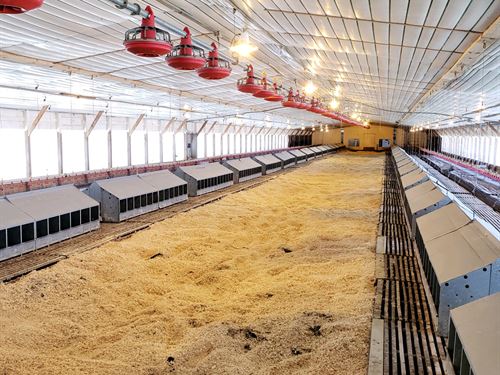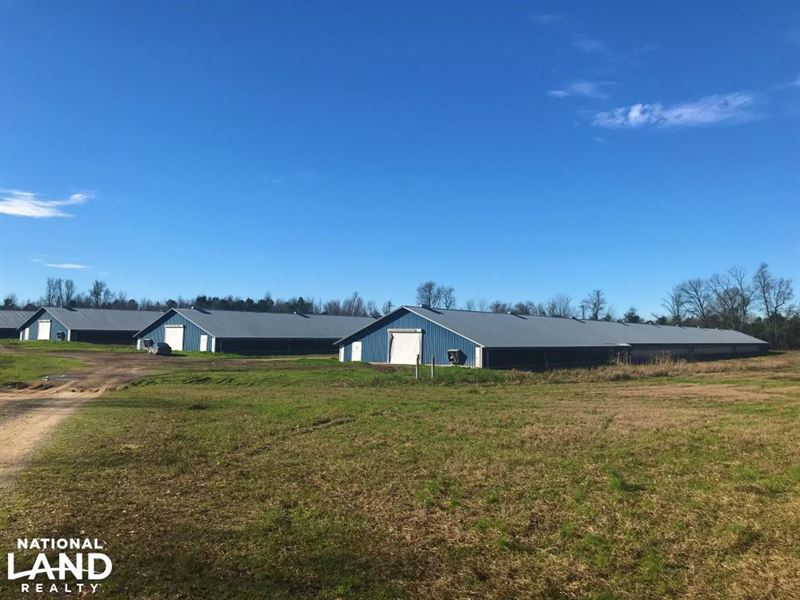
The Kentucky Corn Growers Association and Kentucky Soybean Association helped with the effort. In Kentucky, Hayden Farms offers a public viewing room, where guests can watch the chickens through glass, as well as a view of the technology in the control room, and an education facility.

Like other livestock operations, turkey farms rely on a nutritionist to ensure adequate diet – a diet that will change as many as 10 times over the life of the bird.Īlso like other forms of livestock, antibiotic use requires oversight by a veterinarian, and it is illegal to give any type of poultry hormones or steroids.Ĭhicken farms that raise broilers have worked to improve their image by increasing transparency. Raised in the wild, they eat bugs and worms in addition to vegetation. Though some turkeys in today’s market are billed as “vegetarian fed” turkeys are not, by nature, vegetarians. Researchers credit increased crop yields, better equipment and production processes, genetic improvements, and nutritional advancements. Egg Industry, compiled by Iowa State University, the environmental footprint of one dozen eggs has been reduced by up to 71% over the last 50 years. Turkeys are a Thanksgiving staple.Īccording to the 2010 Assessment of the Environmental Impact of the U.S.

Pathogen-free eggs are raised for medical purposes.

Even single birds are kept as pets and show birds.


 0 kommentar(er)
0 kommentar(er)
